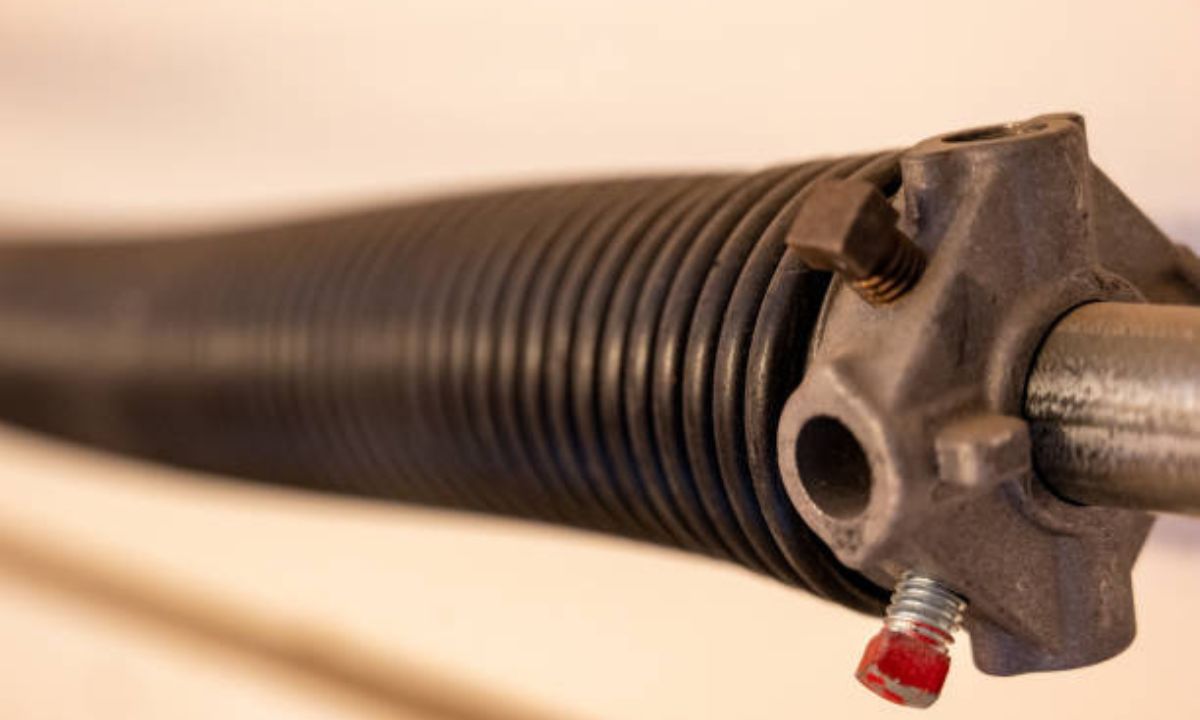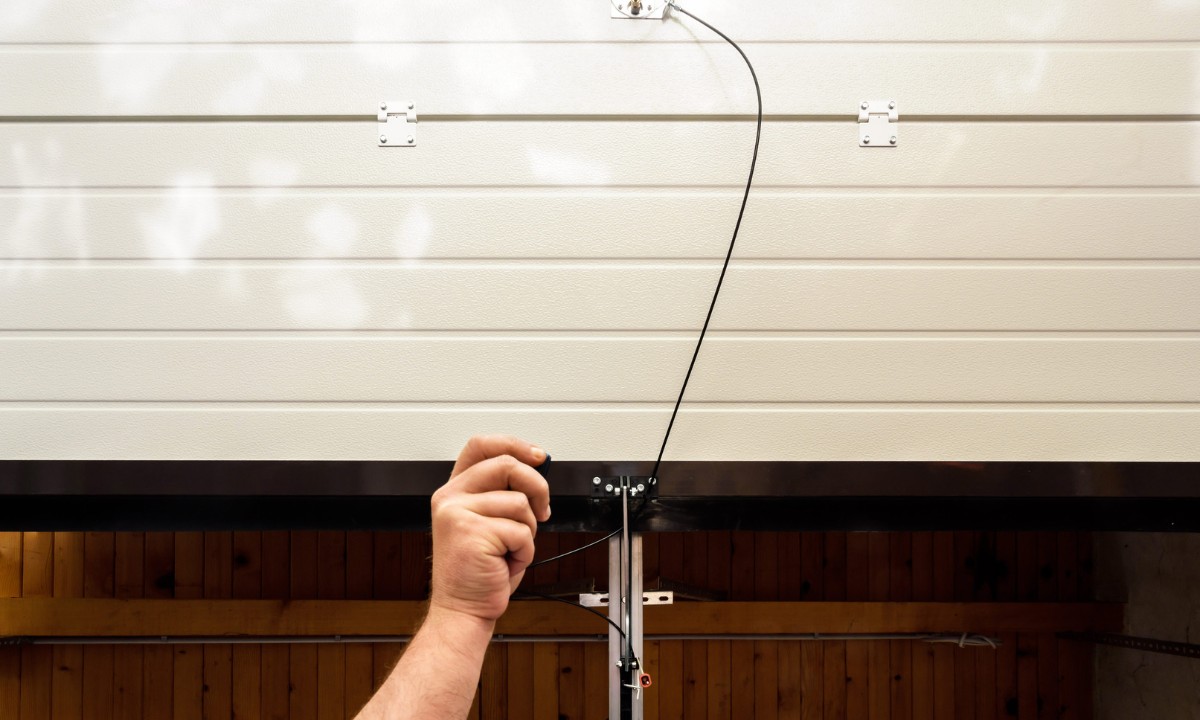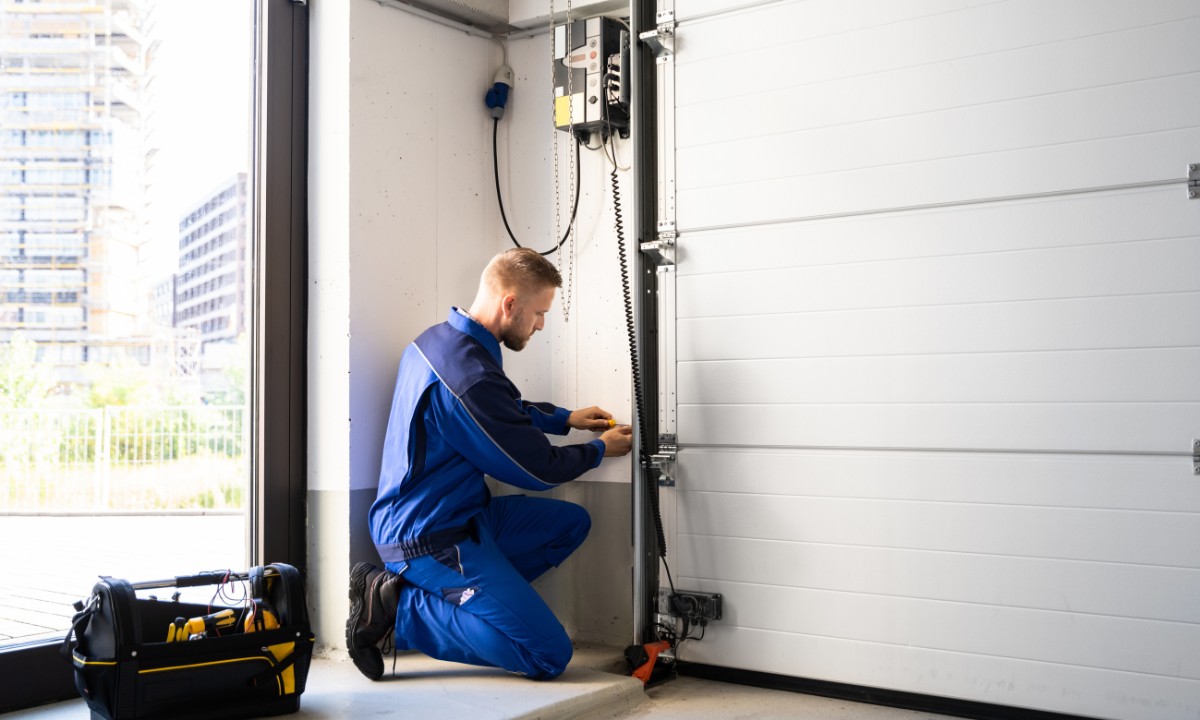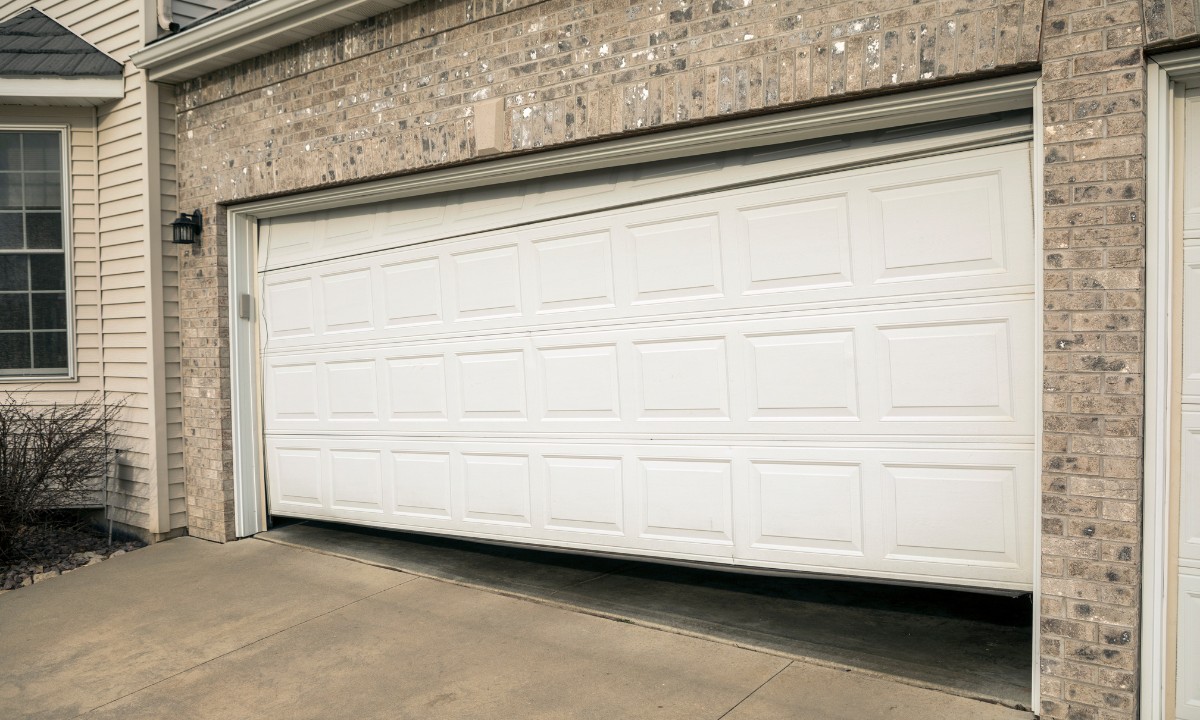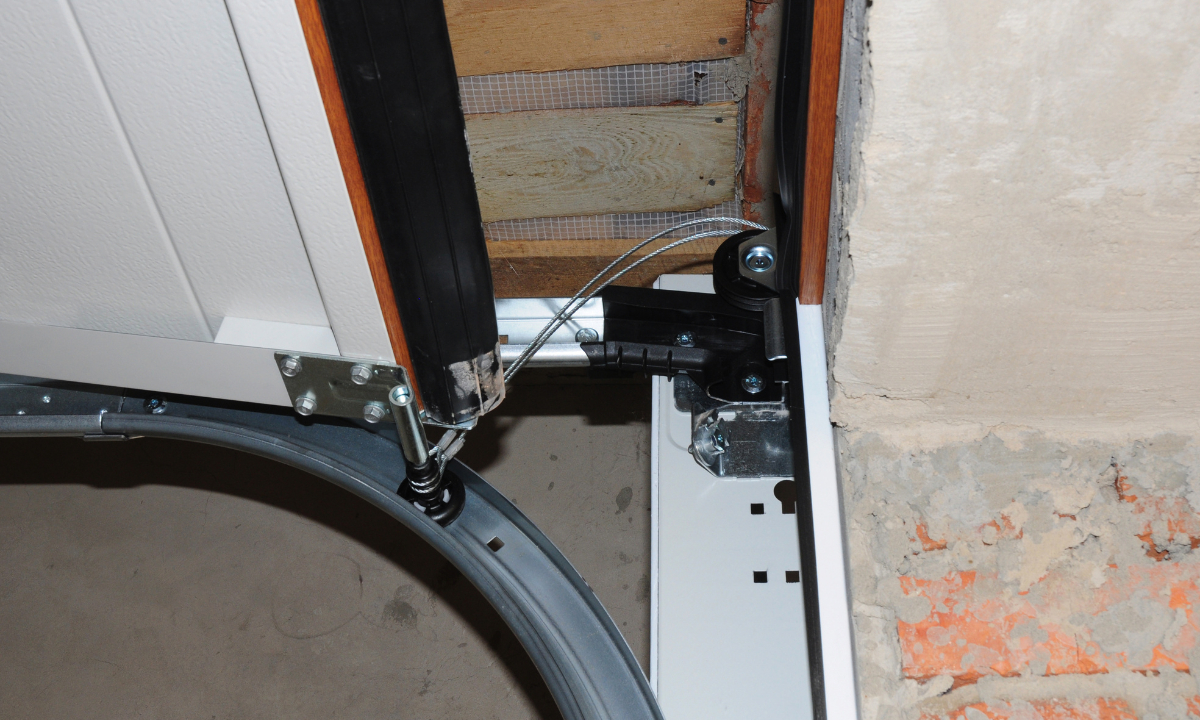Spring Replacement for Garage Doors in Abington,
Pennsylvania
Overview
With a population of over 57,000,
Abington, Pennsylvania, is a vibrant suburban city situated in Montgomery
County. Modern living combined with a hint of historic elegance may be found in
Abington, a community well-known for its family-friendly ambiance, historic
homes, and excellent local schools. The weather in the area can have a big
impact on garage door systems because of its harsh, snowy winters and steamy,
muggy summers. It takes routine maintenance to keep these systems operating
efficiently all year long. At David Garage Door Spring Repair, we are dedicated
to provide professional service to satisfy your garage door demands and we are
aware of the particular difficulties presented by the weather in Abington. For
prompt assistance, please contact us at 267-214-7238.
Typical Springtime Problems
Torsion versus Extension Springs
Torsion springs and extension springs
are the two main types of springs used in garage doors; each has unique
properties and frequent problems.
Torsion Springs
These springs are positioned above
the garage door and work by twisting to raise the door. They are often more
robust than extension springs and made to handle heavier doors. They are not
impervious to issues, though:
corrode & Corrosion
Torsion springs in Abington may
corrode as a result of snow and rain. Because rust erodes the metal, springs
break more easily.
Torsion springs are subject to wear
and tear with repeated twisting, which can result in a complete failure or make
it difficult to raise the door.
Extension Springs
To raise the garage door, extension
springs are positioned on either side of the door. Although they have a simpler
design, they can have unique problems:
Uneven Stretching
If one extension spring is more worn
out or older than the other, it may stretch unevenly. The imbalance may result
in the door operating unevenly or misaligning.
Loud popping or banging noises made
when the extension springs are in use are a common indicator that something is
wrong with them. These noises typically mean that the springs are loose or are
failing.
Indices of Garage Door Springs' Wear
or Damage
Early detection of worn or damaged
springs can help avoid more serious issues and expensive repairs. Here are a
few indicators to be aware of:
Difficulty Operating the Door
Worn-out springs may be the cause of
your garage door's difficulty opening or closing smoothly, sticking, or slow
movement. It's possible that the door feels heavier than usual.
Unusual Noises: Pay attention to any
strange noises made as the door opens or closes, such as squeaking, pounding,
or popping. These noises may be a sign that the springs are becoming too
stressed or are beginning to break.
Damage that is Visible
Check the springs frequently for any
obvious indications of damage. Examine the springs for any visible bends, gaps,
or fractures. Generally speaking, any obvious problems indicate that the
springs require replacement or repair.
The Value of Replacing Springs
Immediately
How Changing the Springs in Your
Garage Door Guarantees Its Longevity
For the door to remain functional and
long-lasting, garage door spring replacement must be done on time. This is the
reason it's crucial:
Increases Durability
Changing out old or damaged springs
keeps the garage door operating smoothly and effectively. The proper tension
and support that new springs offer lessens the strain on other parts, such as
the tracks and opening. This contributes to extending the garage door system's
total lifespan.
Boosts Security The garage door may
operate unpredictably due to faulty or broken springs, posing a risk to safety.
You can lessen the possibility of mishaps or injuries brought on by unexpected
door faults by changing out outdated springs.

